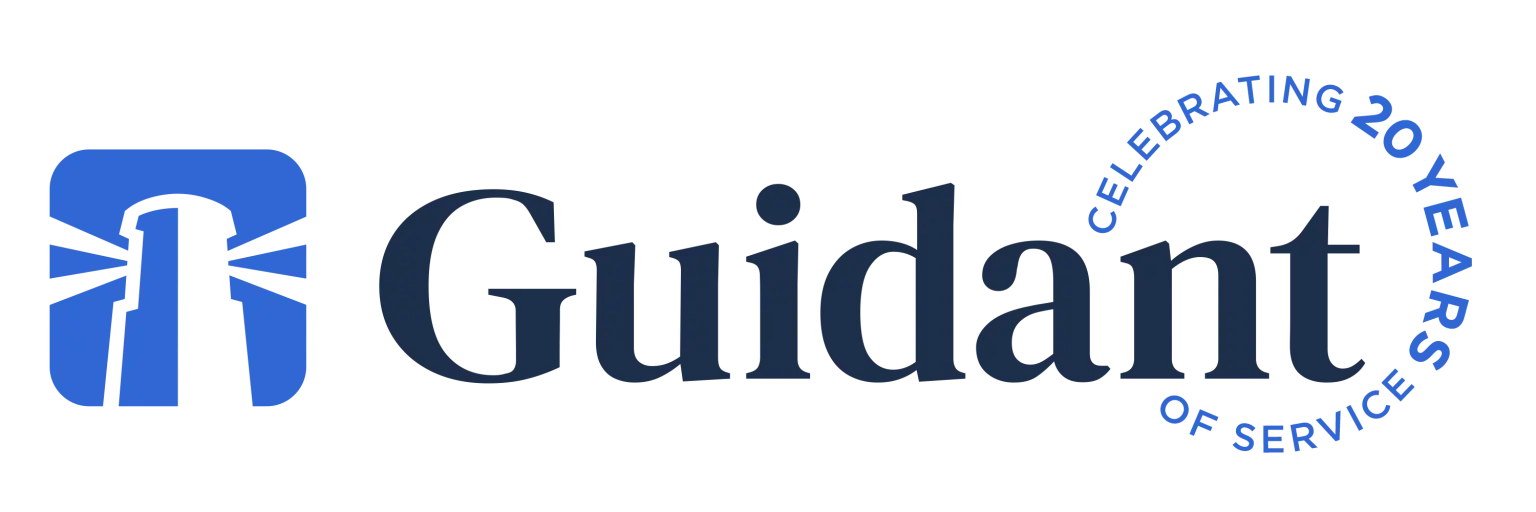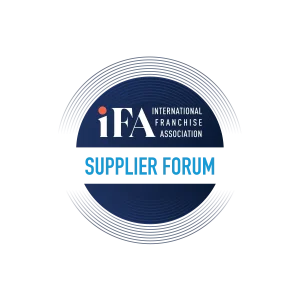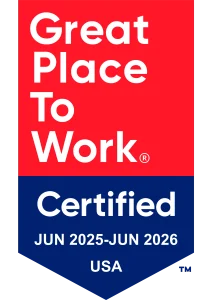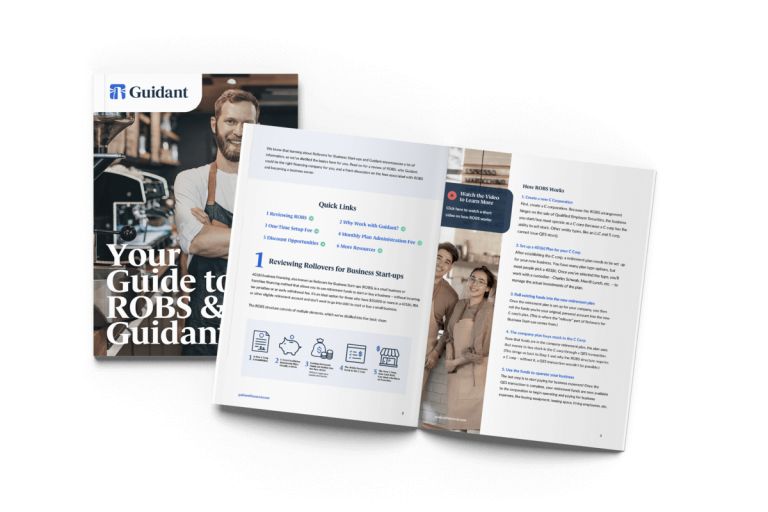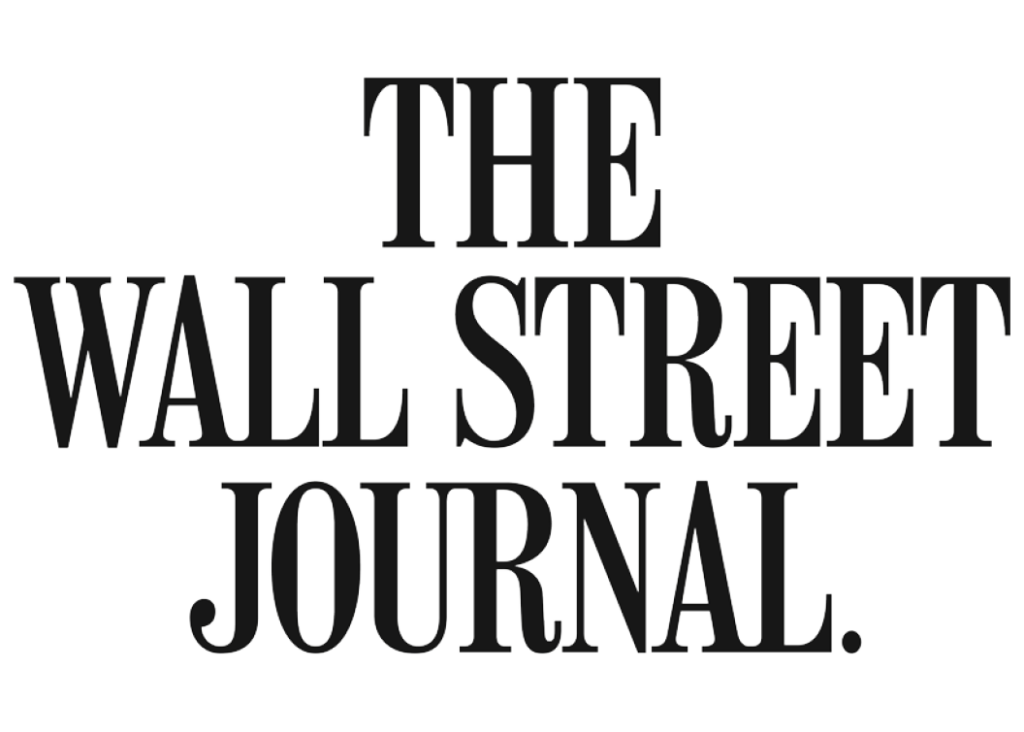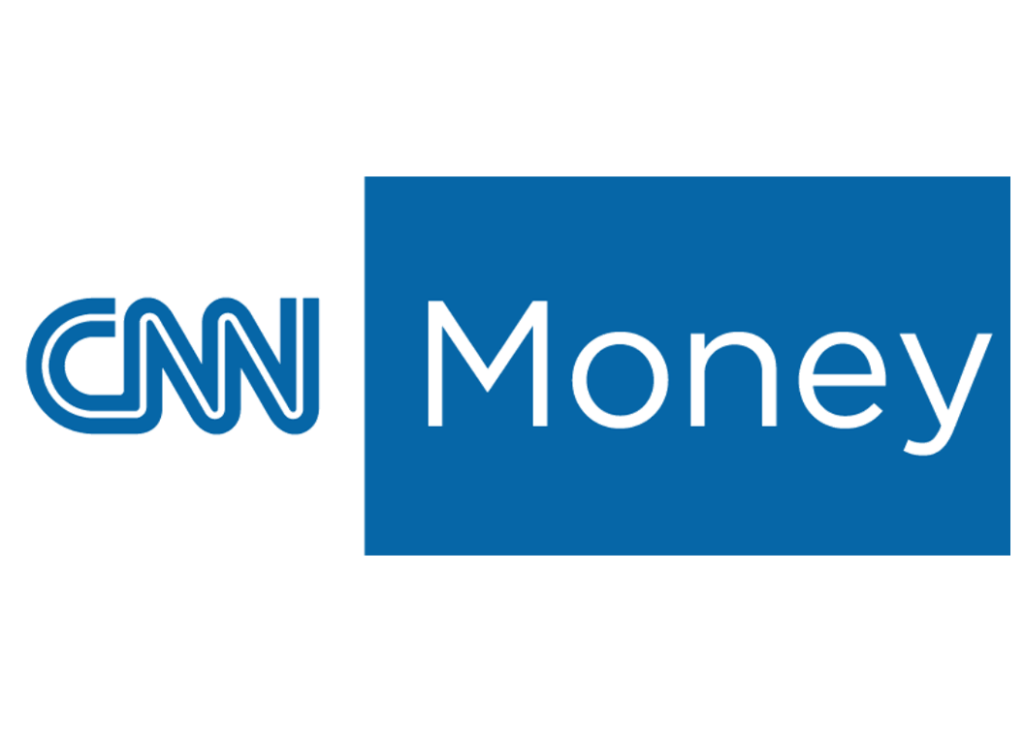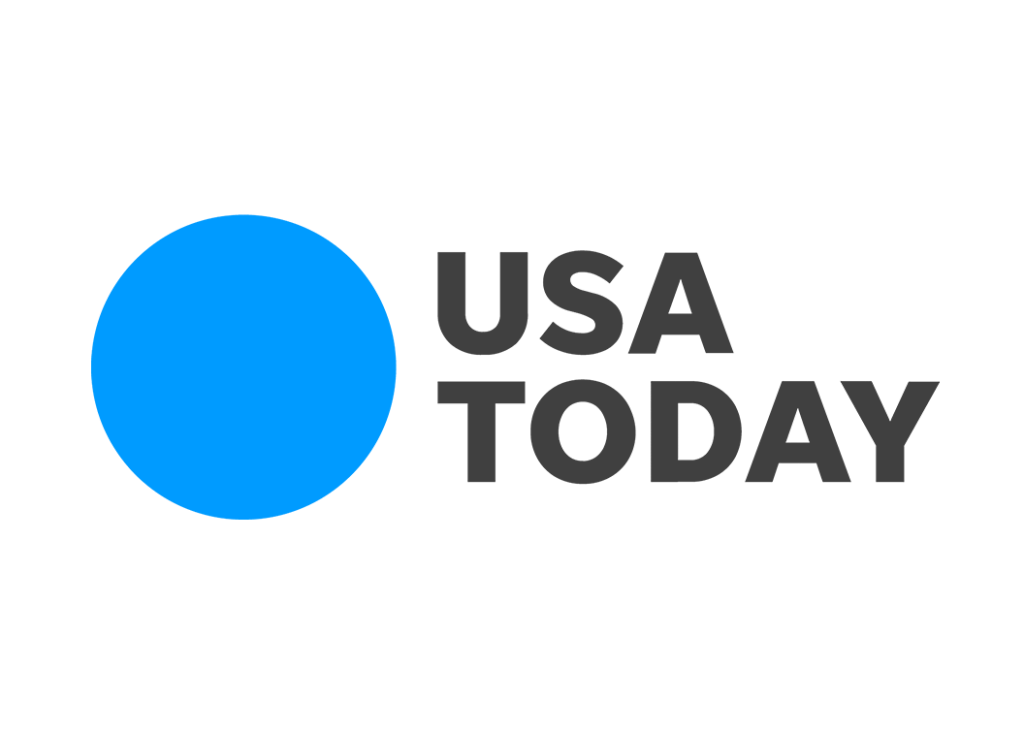It shouldn't be so hard to get small business or franchise financing.
Local banks decline 80% of aspiring small business owners for loans. Few people have enough money on hand to start or buy a business or franchise outright. Why struggle with these barriers when you have the money to invest in yourself?
Easy Qualification
Debt-Free
Don’t let interest payments control your business decisions. Get funded without going into debt.
Cash-Rich
Find a quicker path to success and profitability by starting out with an infusion of cash.
What is 401(k) Business Financing?
401(k) business financing, also known as Rollovers for Business Startups (ROBS), is a small business and franchise funding method. ROBS allows you to draw money from your retirement account in order to start or buy a business without incurring an early withdrawal fee or tax penalty. This is not a loan — ROBS gives you access to your own money so you can build the life you want without going into debt.

No Interest, No Collateral, No Credit Score
401(k) business financing is an ideal method if you don’t want to go into debt, don’t qualify for a loan, or just don’t have the cash on hand to start or purchase a business. Unlike other types of funding methods, your credit score, past experience, or on hand collateral play no role in eligibility. Instead, the main factors are the type of retirement account (like a 401(k) or IRA) and the amount of money you have in it (at least $50,000).

You Can Still Grow Your Nest Egg
ROBS is also a tool for building your retirement assets. While using ROBS does mean you’re taking money out of your retirement accounts, it also means putting cash back in. As you work within your business and pay yourself a salary, you’ll also be contributing a percentage of that salary into a 401(k), just like you do when you’re an employee at any other company. This means your retirement assets will continue to grow as you build your business.

Fully Legal and IRS Compliant
In 1974, Congress enacted the Employee Retirement Income Security Act (ERISA) to shift the burden of building retirement assets from the employer to the employee. ERISA, when paired with specific sections of the Internal Revenue Code, makes it legal to tap into your eligible retirement accounts without an early withdrawal fee (if you’re younger than 59 and a half) or a tax penalty.
How Does 401(k) Business Financing Work?
401(k) business financing (also known as Rollovers for Business Startups, or ROBS) allows you to tap into your retirement account and use that money to start or buy a business or franchise. To access your money without triggering an early withdrawal fee or tax penalty, a ROBS structure must first be put in place. The structure has multiple moving parts, each of which must meet specific requirements to stay compliant with the IRS.

Create a New C Corporation
ROBS begins with the creation of a new C corp. The ROBS arrangement hinges on the sale of Qualified Employer Securities (QES), and a C corp is the only entity type that has the ability to sell stock within the ROBS structure.
Set Up a 401(k) Plan for Your C Corp
After creating your C corp, you’ll need to set up a retirement plan for your new business. Most people select a standard 401(k), though you have other options (like profit sharing and defined benefits). Once you have a plan type, select a custodian to manage the actual investments in the plan.
Roll Existing Funds into the New Retirement Plan
Now that your new C corp has a retirement plan, you’ll roll your retirement funds from your original, personal plan into the new retirement plan belonging to the C corp. This is where the “rollover” part of Rollovers for Business Startups comes from.
The Company Plan Buys Stock in the C Corp
With the company’s retirement plan now housing your retirement dollars from the rollover, the plan purchases stock in the C corp through a Qualified Employer Securities (QES) transaction. That’s why it’s so important to use a C corp. Without it, a QES transaction is not possible.
Use the Funds to Operate Your Business
Once the QES transaction is complete, your retirement funds can be used by the corporation to begin operating and paying for business expenses! The retirement plan now owns the corporation, and the corporation is cash-rich from selling QES stock.
While the ROBS structure can be complex, the end result is your ability to buy or start a business without going into debt or collateralizing your home. For a more in-depth explanation of the ROBS structure, check out our Complete Guide to 401(k) Business Financing.
Rollovers for Business Start-ups: FAQs
Where did ROBS come from? How long has this been around?
Rollovers for Business Startups (ROBS) has been around for decades — since 1974. It was made possible when Congress wanted to give American workers another option for growing their retirement assets.
Can I use ROBS to finance my franchise?
Yes! ROBS isn’t limited to independent businesses. Since a franchise is a small business, you can use most types of financing (including ROBS and SBA loans) to fund your franchise just as you would with any other business.
Is using my 401(k) to fund a business a tax loophole?
ROBS is not a tax loophole. In 1974, Congress passed the Employee Retirement Income Securities Act (ERISA), which works in conjunction with specific sections of the Internal Revenue Code (IRC) to make ROBS a legal, legitimate strategy for accessing your retirement assets to start or buy a small business.
Can I combine my retirement funds with someone else’s to fund the business?
Yes, multiple people can combine their retirement assets to create the ROBS structure. This means you and a spouse, business partner, or group can use retirement funds to start or buy a business together.
Can I pay myself a salary with ROBS?
Yes! ROBS actually requires you to be an employee of the business and to be paid fairly. The salary you pay yourself needs to fall within “reasonable bounds,” which means you shouldn’t pay yourself twice as much as your business’s annual revenue, as that’s rather unreasonable.
Do I have to offer a 401(k) to all of my employees?
Yes. ROBS requires you to offer a 401(k) plan to all eligible employees of the company, as ROBS itself is meant to be a tool to grow retirement assets.
Do I have to use a C corporation?
Yes, it’s a ROBS requirement. Your company is funded through a stock purchase called Qualified Employer Securities (QES), which only works if you’ve set up a C corp.
What about double taxation for the C corp?
The term “double taxation” refers to the taxes you’d pay on dividends paid by the C corp. Often these taxes can be mitigated or avoided with the help of a qualified tax professional.
Can my spouse or someone else co-invest and/or be involved in the business?
Yes, co-investors and co-owners are allowed with ROBS.
What type of business can I buy with ROBS?
ROBS lets you buy or start up any legal business or franchise. ROBS can’t be used to fund a business deemed to be “solely the investment of capital” (like a factoring company or a means of passive income). Typically, the business also needs to be legal at a federal level, not just at the state level (for example, marijuana distribution is only legal in some states, not federally).
Do I have to use all of my retirement money? Can I just use part of it?
You can use as much or as little of your retirement assets as you want. We do suggest that you roll over at least $50,000, as there are diminishing returns to rolling a smaller amount.
Get Money for Your Business in 3 Easy Steps

Pre-qualify
See your financing options and how much funding you can access with our two-minute pre-qual.


Schedule a Call
Schedule a call online with a financing expert to discuss the right funding options for you.


Get Funded
Get your money to start or buy a business. ROBS funding can be accessed in as little as three weeks.

See How Much Money You Qualify For Today
Receive a list of funding options tailored for you.
By pressing “Get Started,” you agree to this website’s Privacy Policy. You also consent to receive information from Guidant Financial at the email address or telephone number you entered. This information may be provided by a phone system that can auto-dial. You aren’t required to consent to use our services.
The Benefits of 401(k) Business Financing
Why should you use Rollovers for Business Startups to finance your small business or franchise? ROBS offers benefits not found in other forms of financing.

Debt-Free
Without loan interest to pay, you can make money faster. While 80% of small businesses fail within four to five years, small businesses started with ROBS are twice as likely to remain in business.

Invest in Yourself
It’s your money — use it. Instead of placing your money in a volatile market, you can make your money work for you. The number one reason people decide to open their own business is to be their own boss — now it’s your turn.

Cash-Rich
Start your business off strong. ROBS lets your business start out flush with cash, making those startup costs much more manageable.

Down Payment for Other Financing
Your ROBS funding can also help you pursue other forms of financing, like SBA loans.

No Collateral
Many other forms of financing, such as bank loans, require you to provide collateral to qualify for funding. With ROBS, you eliminate the risk of using your home as collateral.

Easy Qualification
Unlike SBA loans, ROBS financing doesn’t require industry experience. And unlike other forms of financing, your credit score doesn’t play any factor in getting your funding.
Grow With Guidant's Business Services
Guidant Financial is the industry leader in 401(k) business financing. We complete more Rollovers for Business Startups transactions each year than any other company and have the lowest audit rate in the industry.
For $4,995, here’s what you can expect from Guidant:

Professional Support
Our team is here to support you through the ROBS process and beyond. Along with a dedicated Account Manager, you’ll get a thorough compliance review from our in-house attorneys.

Audit Protection
We stand behind our clients 100%. In the unlikely event of an IRS audit we’ll cover all legal costs, which saves you money and allows you to get back to what’s important — running your business.

Funding Assurance
We promise a rapid close with a money-back guarantee; we do what it takes to close deals quickly.

In-House Plan Management
Our in-house team of experts will help establish your account. They’ll also help keep your files IRS-compliant and provide you with an annual business valuation.

Guidant Guarantee
If you are not completely satisfied with our set up services, just let us know. Our team is dedicated to providing only the best experience for our clients.
Most Retirement Plans Qualify
You don’t have to be a financial expert to use 401(k) business financing. All you need is at least $50,000 in a rollable retirement or pension account. Learn more about retirement or pension plans that qualify.

401(k)
This plan is usually sponsored by an employer. It is the most common plan used with ROBS.

Traditional IRA
This plan lets you invest pretax income that grows tax-deferred. Roth IRAs, in contrast, are not eligible for ROBS.

403(b)
This plan is available to individuals like employees of nonprofit organizations, public schools, and some hospitals.

Keogh
This plan is a tax-deferred pension plan available to self-employed individuals or unincorporated businesses.

TSP
A defined contribution plan for U.S. civil service employees, retirees, and some members of the military.

SEP
A straightforward retirement plan that any employer or self-employed individual can establish.
Use ROBS as a Down Payment for Your Franchise or Small Business Loan

You don’t need to have enough funds in your retirement plan to completely cover the costs of your business needs. Instead, combine small business financing methods by using your ROBS funding as the down payment on an SBA loan — without triggering any tax penalties or draining your personal savings.
Client Stories
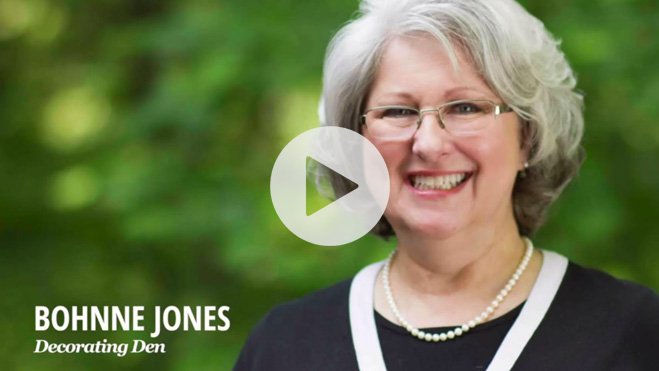
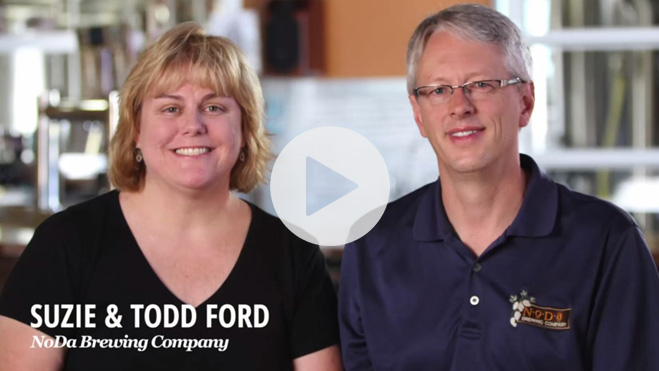
Ready to take the next step?
Get in touch with a Guidant expert to find out which programs, and how much, you qualify for.
